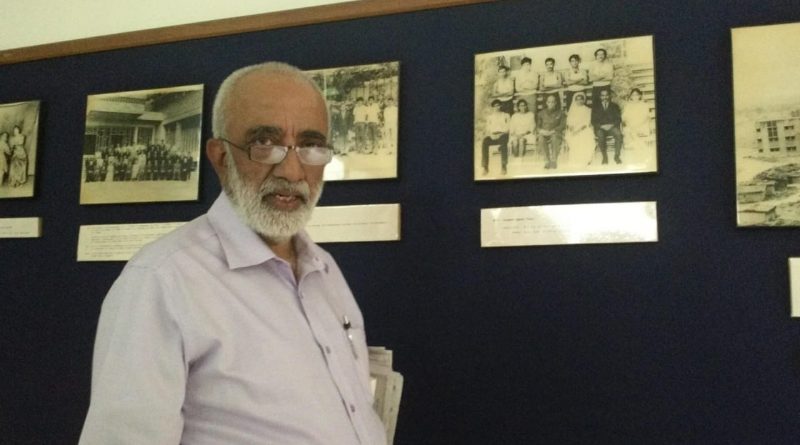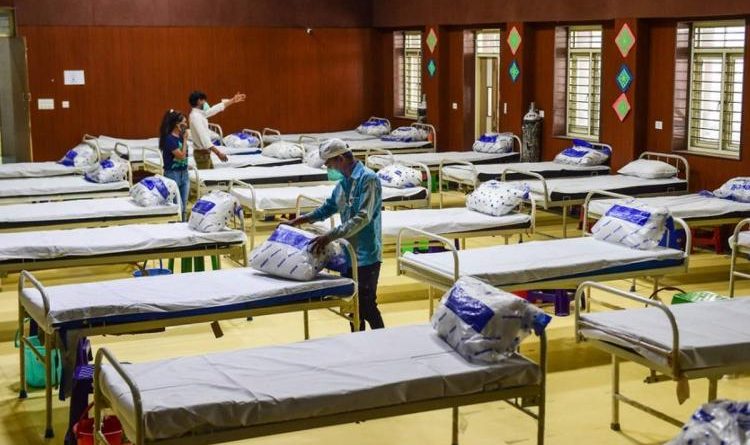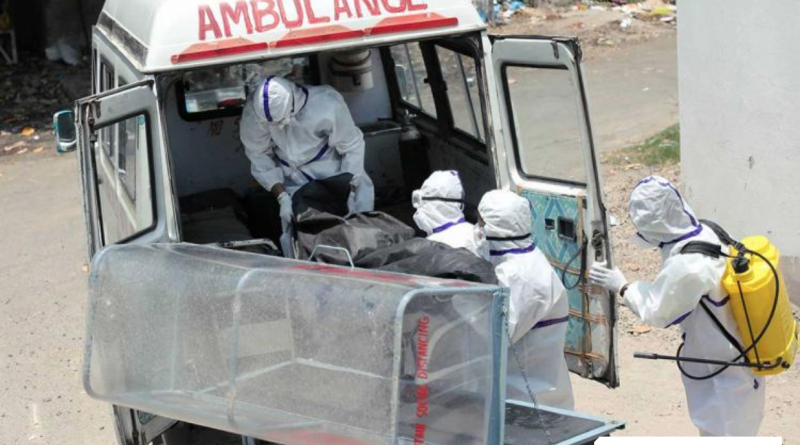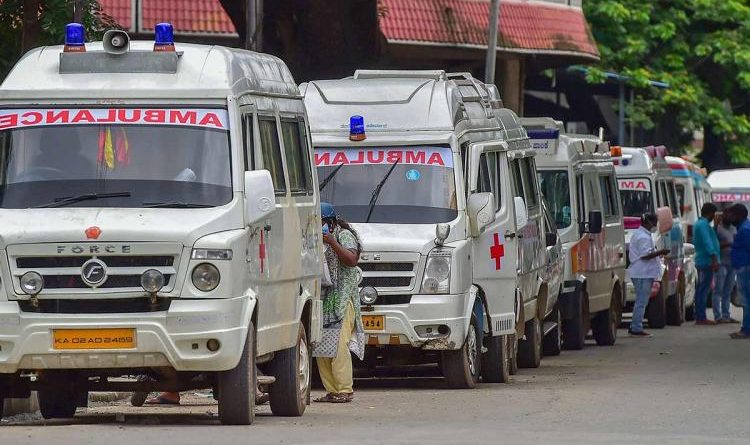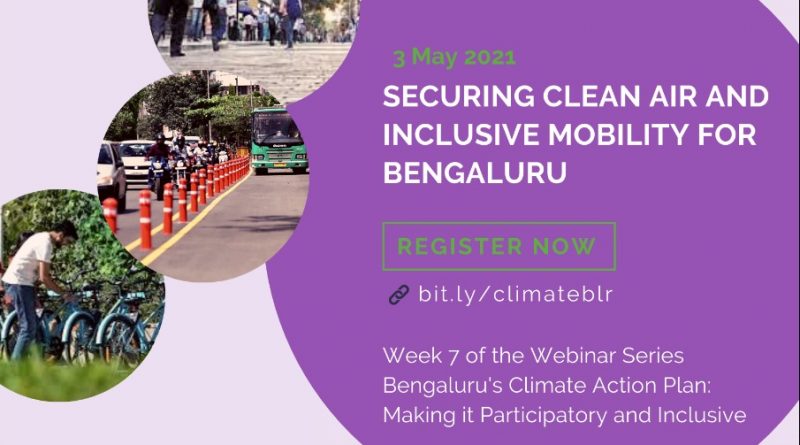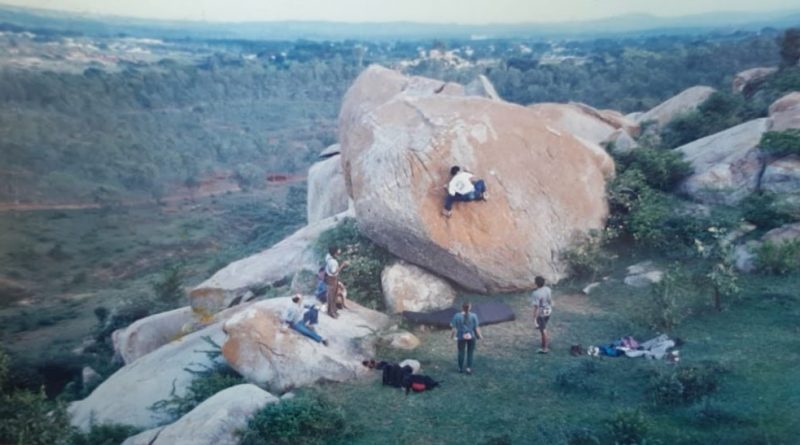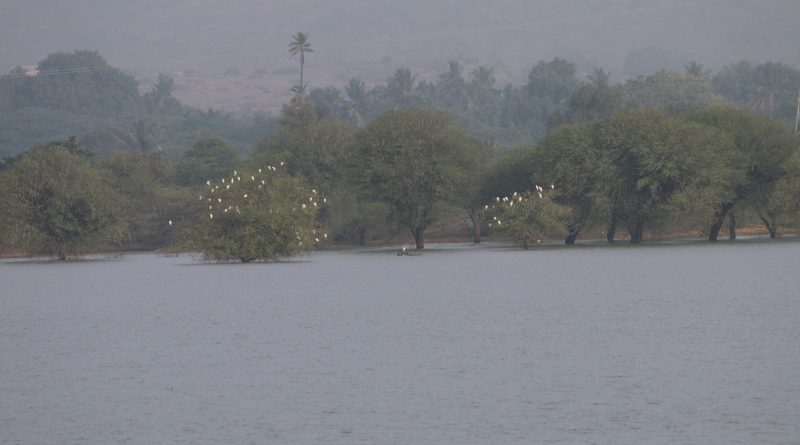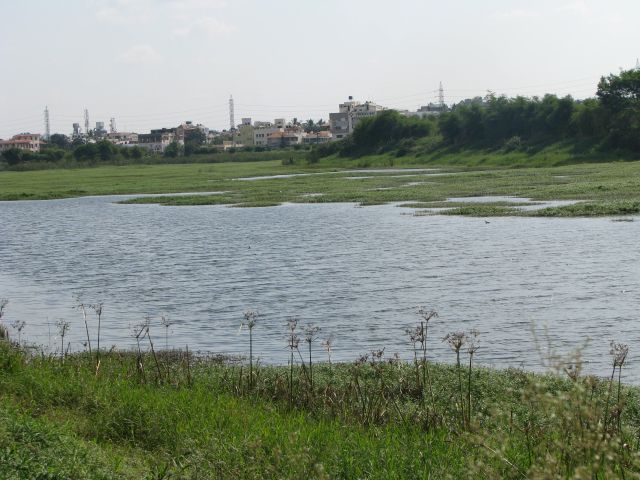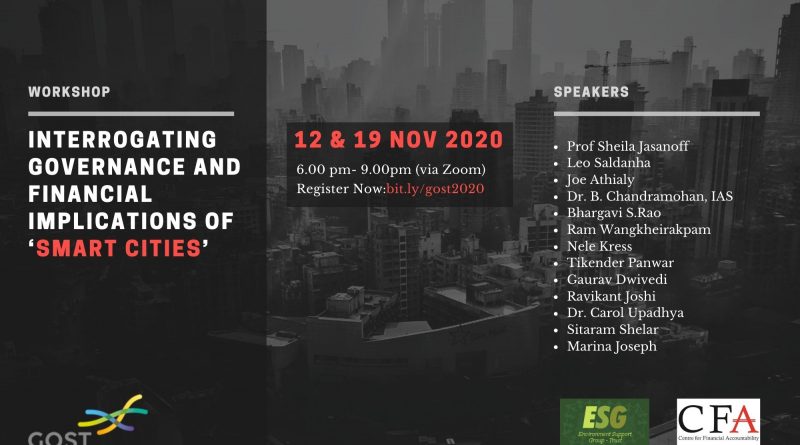Campaigns
Responding to Vulnerable Communities and Voiceless Ecosystems
Restoring ecosystems to address NCD pandemic
June 5, 2021 marks the 49th year since the UN General Assembly designated the day as World Environment Day, marking the first day of the Stockholm Conference on the Human Environment in 1972. The day is globally celebrated with meaningful themes relevant to the challenges at various points of time. This year’s theme is Restoring Ecosystems.
Read MoreESG’s Support to Communities Adversely Affected by Covid-19 and the lockdown
A crisis of hunger, and consequent malnutrition, is growing within the Covid-19 pandemic. Even as vulnerable communities were trying to recover from the economic hardships of last year’s lockdown, countless families now find themselves exhausting whatever meager savings they had on food. And they have run out of money already.
Read MoreTackling COVID-19 Sensibly – A conversation with Dr. Kashinath Dixit
Environment Support Group invites you to participate in a conversation with Dr. Kashinath Dixit, an Endocrinologist who has worked for decades in the United Kingdom and been closely involved in responding to the COVID waves that affected the region. He is now also helping a variety of vulnerable communities across India to take precautions, stay healthy and recover from the disease
Read MoreHelp us support communities of Subramanyapura badly affected by Covid-19 and the lockdown
This year, as the lockdown is extended and cases are on the rise, these communities rely on our support so they can nourish themselves and stay healthy.
Read MoreDr. Shirdi Prasad Tekur left us on 16 May 2021
Over the past year he has saved hundreds from COVID. As the line of patients grew long in his clinic, Tekur stayed, from morning till the last patient got the care. Often I would argue with him- when he regularly went home at 4 or 5 pm to have lunch – what he was doing as unacceptable. He would laugh it off.
Read MoreRestoring ecosystems to address NCD pandemic
The rise in these two NCDs is largely attributed to degradation of our ecosystems due to urban proliferation with decreasing open green spaces, change in lifestyle over the years driven by the nerve-wracking GDP based economic engines, and socio-cultural changes, with a host of other factors contributing to these conditions.
Bengaluru’s ecosystem once comprised of open green spaces such as parks, urban forests, lakes and open public spaces. Such spaces help reduce temperature, improve air quality, cut noise, and provide space for physical activities such as walking, cycling, playing, exercising that help reduce the burden of these NCDs.
Read MoreCOVID-19: Why we must reorganise cities to deal with the third wave
There have been innumerable efforts in the past by civil society, trade unions, academia, public health experts and others who repeatedly stressed the crucial importance of strengthening local governance as key to mitigating and managing problems. These efforts have reached various High Courts and the Supreme Court too as Public Interest Litigations, trying to make local governance work. But the hubristic reliance and faith in centralised management has been such that even court orders directing public involvement in decision-making have all been disregarded. The whims and fancies of a few in power have prevailed with technology-based solutions for the pandemic.
Read MorePress Conference: CM of Karnataka, act now against communalisation of the Covid crisis
View Full Conference Report Report of Press Conference held via Zoom on 6th May 2021, 3 pm Opening the press
Read MoreLetter to CM of Karnataka, act now against the communalisation of the Covid crisis.
We also draw your attention to urgent steps needed to address sufferings of those reeling under COVID.
Read MoreWeek 7: Securing Clean Air and Inclusive Mobility for Bengaluru
Everyone pays a very high price for mobility in Bengaluru. Incredible traffic snarls cost precious time, money, infrastructure and public health, and substantially erode the ‘salubrious’ quality of the metropolis. With an astonishing 0.8 to 1 vehicle to population ratio, Bengaluru metropolitan area is amongst the most fossil fuel dependent urban spaces globally. Air quality is significantly deteriorating, resulting in severe health impacts, especially for the poor and marginalised.
Read MoreA Landfill is no place to “dispose” of our dead. BBMP needs to reconsider its decision to set up an open crematorium at the Mavallipura landfill.
The entire world has been afflicted with COVID. But nowhere has a landfill been used to cremate loved ones. We must all work together to ensure there is dignity and grace in conducting final rites of the unfortunate departed, and in a place appropriate for such terribly sad occasions. It has to be a place worthy of a sacred ritual.
Read MoreBBMP Must Drop its Plan to Set Up an Open Crematorium at Mavallipura Landfill Site
On the afternoon of 28th April 2021, Mavallipura was paid a visit by police and revenue officials. The intent of the visit was to set up an open crematorium atop the landfill. The thought of cremating the dead in a landfill is shocking. At a time when the nation grieves for those who lost their lives to the pandemic, the least we can do is to ensure that their untimely loss is respectfully and reverentially treated. A landfill cannot be the place to cremate or bury our dead.
Read MoreWeek 3 Webinar Report: Making Bengaluru Water Secure
Download Report 8 April 2021 Week 3 of “Bengaluru’s Climate Action Plan: Making it Participatory and Inclusive” Recording Overview In
Read MoreWeek 3: Making Bengaluru Water Secure
Bengaluru’s insatiable demand for water has not only exhausted its replenishable ground water reserves, and overdrawn its share of the Cauvery, but now plans are afoot to extract water from the far away Sharavathi river. Meanwhile, the acute financialization of land sans rigorous and democratic land use planning has resulted in lakes and other water commons that once sustained the city’s water needs being cannibalised.
Read MoreWeek 2 Webinar Report: Public Health, Sanitation And Waste Management: Is A Decentralized Approach The Way Out?
Public health, sanitation and waste management sectors are intricately linked in not only ensuring all are healthy, but that the toxic impacts of our living are not a burden for future generations. It has been argued time and again that centralised response strategies are resource heavy and cause societal dysfunctionality, and the way forward is to ensure ward-level governance becomes real in every way, especially in securing public health and sanitation for all.
Read MoreHelp Us Build a Better Tomorrow: Donate Now
As the financial year draws to a close, we invite you to consider donating to ESG generously! Please also take a moment to share this cause with your family, friends and in your networks.
Read MoreComparative Covid Response: Crisis, Knowledge, Politics
As the world tried to make sense of the consequences of the COVID-19 pandemic, ESG was invited to participate in a 23 country and 6 continent-wide collaborative study involving 60 researchers led by Pforzheimer Professor of Science and Technology Studies Sheila Jasanoff of the Harvard Kennedy School and Prof. Stephen Hilgartner of Cornell University in a study on Comparative Covid Response: Crisis, Knowledge, Politics (CompCoRe for short).
Read MoreEfforts to Conserve Turahalli Gudda, Bangalore’s Urban Forest
By Leo Saldanha and Malvika Kaushik. ESG has renewed its efforts to protect the Turahalli Minor and Reserve Forests in Bangalore, the latest threat to which has come in the form of a proposal to convert the forest into a tree park.
Read MoreChanging Lives and Livelihoods of Challakere: First impressions of the Unscientific Science City
By Ashwin Lobo, Research Associate, ESG. In January 2021, the ESG team visited these villages to understand the futuristic Science City means to the local communities. The stories we heard left us grasping for reason, as we struggled to fully comprehend just how much they have lost; We also were amazed by their resilience, particularly their feisty spirit to struggle on and protect the last remaining patches of these once pristine grasslands.
Read MoreWorld Wetlands Day 2021 @ Pumlen Pat, Manipur
Fisher unions and farming communities of Manipur commemorated the 2021 World Wetlands Day (2nd February, 2021) at Tonoma Chingjin, Mamang Ching, Pumlen Pat – a wetland devastated by the Ithai Barrage of the Loktak Hydroelectric Project.
Read MoreIn the name of “Green” Solar Power Project, Azure Power and APDCL snatching lands of Ryots in Mikir Bamuni Grant
The culture, identity, life and livelihood of Karbi and Adivasi farmers of Mikir Bamuni Grant are under grave threat
Read MoreKarnataka High Court directs Revenue Secretary to demonstrate compliance in ESG Lakes PIL
For almost two years now, Chief Justice Mr. Abhay Oka of the High Court of Karnataka has systematically developed jurisprudence to protect lakes as our commons, and for posterity. This is being achieved by his orders in a PIL filed by Citizens Action Group (CAG) PIL (WP 38401/2014). The jurisprudence reaffirms a schema for protecting and rehabilitating lakes based on their ground up monitoring, and for their rehabilitation through public involvement while ensuring regulatory oversight is transparent and accountable.
Read MoreActivating a Lake Protection Committee in your district
Karnataka High court ruled in Environment Support Group (ESG) lakes case (WP 817/2008) on 11 April 2012 that every district
Read MoreInterrogating Governance and Financial Implications of ‘Smart Cities’ – Part I Report
In collaboration with Program on Science, Technology and Society, Harvard Kennedy School, USA & Helmholtz Centre for Environmental Research-UFZ, Germany, as part of a project on Governance of Sociotechnical Transformation in this interrogating discussion on Governance and Financial Implications of ‘Smart Cities’.
Read More




